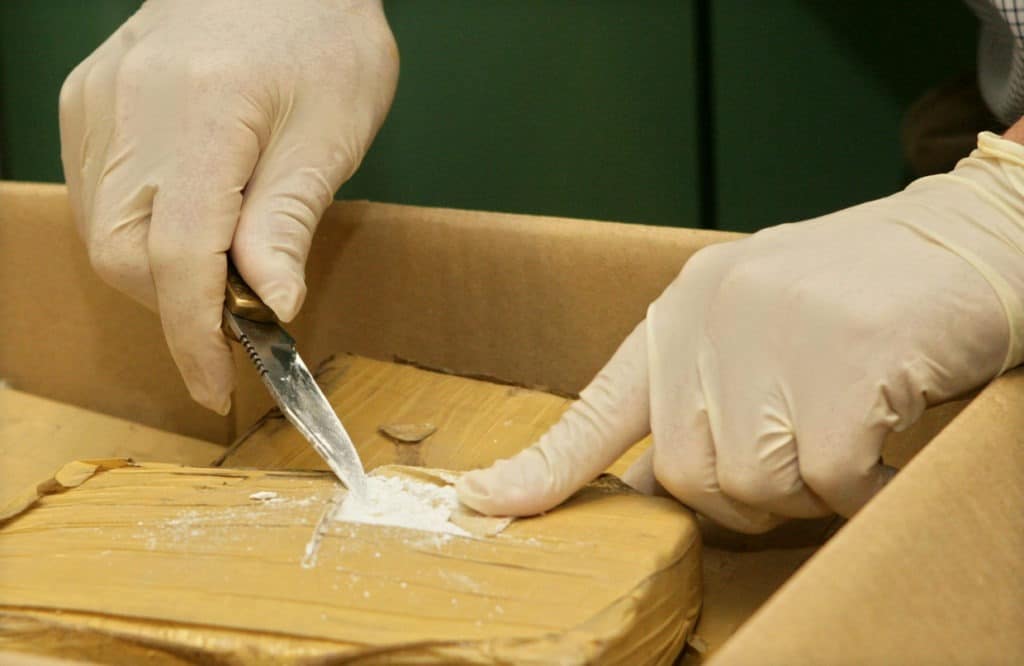Could the legalisation of cocaine be part of the solution to reduce drug violence in Belgium? Criminologist Tom Decorte from Ghent University thinks so. He has claimed that it is precisely the illegality of the drug business that creates the biggest economic incentive for criminals and by legalising and regulating it, violent competition could be reduced or even eradicated.
After an 11-year-old girl died recently due to a shooting incident in Merksem, politicians have stressed that tackling narco-terror is a top priority, without exception. Ministers and mayors have spoken about stronger controls and even deploying the army to tackle the growing crisis.
One option that no one has suggested is the legalisation of cocaine. However, Decorte has argued for opening up that very discussion. "The idea hatched 100 years ago to criminalise hard drugs does not work in the modern world," he told RTBF. "It is precisely this illegality that creates the largest revenue model for criminal organisations. The appeal of big money makes it a perpetual battle that can never be won."
According to Decorte, legalisation could change that. Once laid down in legislation, the reasoning is that the current revenue model would collapse. "Legalisation, just like with abortion or euthanasia, is a process," Decorte explained.
Belgian coke?
"The end product is a set of rules: who can buy it, how old should you be, how well should it be packaged, what may or may not be in it, who can sell and produce it. Suddenly you get a lot of levers to determine what that product should look like."
“So it is perfectly possible to make and distribute those products here,” he added. “We do not even have to make agreements with a traditional production country.”
Could the legalisation of cocaine mean that there will soon be such a thing as Belgian coke? "There are already a lot of categories of drugs that are made here and that are prescribed by doctors," Decorte said. "It's perfectly possible for pharmaceutical companies to make and distribute those products here."
According to Decorte, the fact that neighbouring countries would not be on the same wavelength and that Belgium would be dependent on itself does not have to be an obstacle. "Look at the example of cannabis: countries where such regularisation exists ensure that they remain good neighbours, that only their inhabitants can buy drugs and that any form of export is prohibited. You can perfectly turn it into a closed chain."
Related News
- 'Incredibly worried': Crack use in Brussels skyrockets
- Antwerp cocaine use doubles in just three years
- Belgium in Brief: Carrots, sticks, and cocaine
Still, it feels counterintuitive to think about legalising cocaine, while discouraging smoking or drinking in numerous ways. "It scares a lot of people," Decorte admitted. "But it remains strange that for some drugs we accept that they can be produced by a pharmaceutical company and prescribed by a doctor, and for others they are not."
Finally, he emphasised, legalisation could take the sting out of drug violence. "We haven't seen the worst yet, because what happens when you act in a repressive way? You just attract new criminal organisations, because it is becoming more and more profitable. If you get rid of one criminal, there are three who will fill take their place. I fear that if we do not act, we will see the rise of more arrogant and brazen criminals."

